Quality Assurance
We guarantee top-quality epoxy resin products that are made to achieve the highest safety standards with our food-safe resin coating, ensuring your peace of mind.
Transform your concrete surfaces with professional-grade resin flooring that lasts decades, not years. Epoxy King's epoxy floor coating systems deliver the durability, chemical resistance, and attractive finish that makes ordinary concrete look like expensive custom flooring. Whether you're upgrading your garage or renovating an industrial facility, our proven epoxy coatings for floors provide unmatched performance at a fraction of traditional flooring costs.
Epoxy floor finishes represent a specialized class of thermosetting resins that cure into extremely durable, seamless surfaces when applied to concrete substrates. These aren't simply paint products - they're engineered coating systems that chemically bond with concrete to create a unified, waterproof surface that resists chemicals, impact, and heavy traffic.
The chemistry involves two-component systems where resin and hardener react to form cross-linked polymer networks. This polymerization process creates materials significantly harder and more durable than the original concrete substrate. Perhaps most impressively, quality epoxy floor coating can actually strengthen the underlying concrete while providing protection from moisture, chemicals, and mechanical damage.
Professional contractors and facility managers choose these systems because they solve multiple problems simultaneously. Beyond just improving appearance, they create surfaces that are easier to clean, more resistant to staining, and capable of withstanding industrial use that would quickly damage other flooring options.
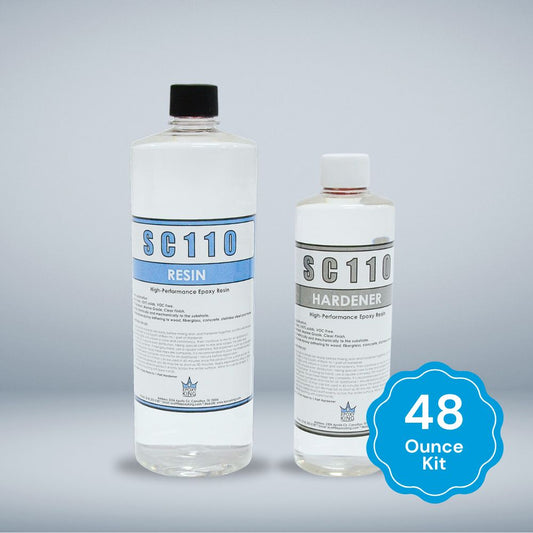
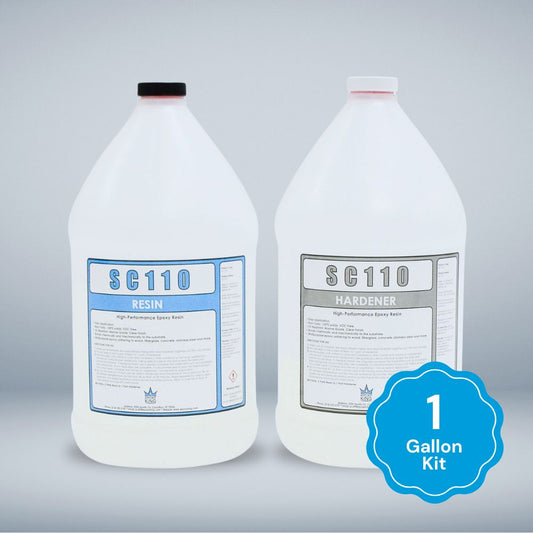
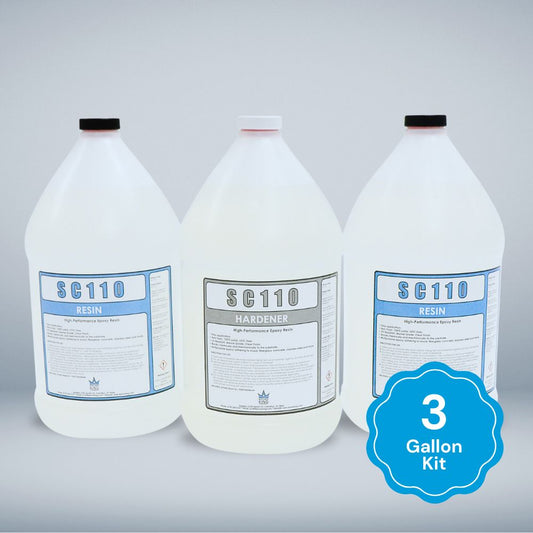
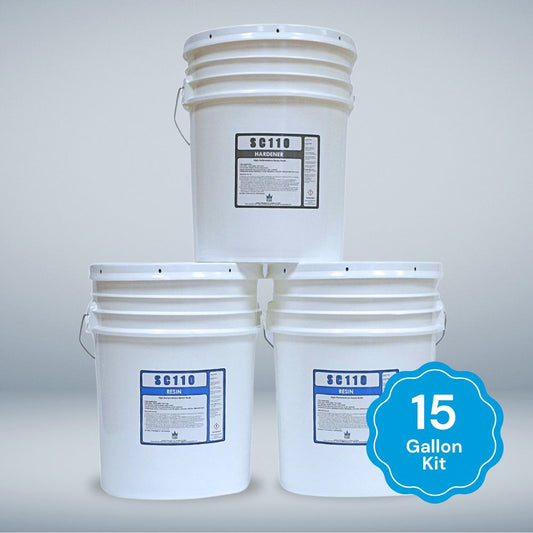
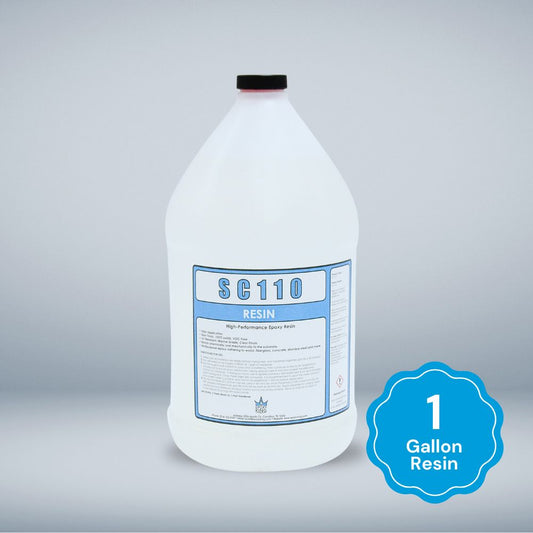
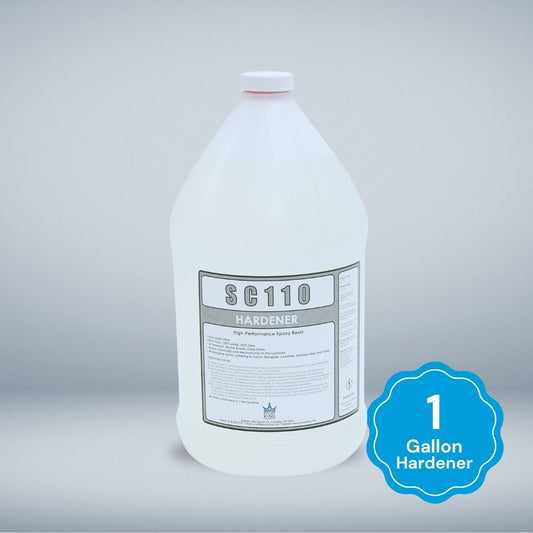
Quality epoxy flooring systems routinely last 15-20 years in residential applications and 10-15 years in industrial settings. This longevity comes from the chemical bond formed with concrete, creating a surface that won't peel, chip, or delaminate like traditional paint products.
Automotive fluids, household chemicals, food acids - these substances that stain or damage other surfaces simply wipe clean from properly applied epoxy floor coating. The non-porous surface prevents penetration while the chemical resistance prevents breakdown of the coating itself.
Seamless surfaces eliminate the grout lines and joints where dirt accumulates. Regular sweeping and occasional mopping with standard cleaners keeps epoxy flooring looking new. This ease of maintenance proves especially valuable in commercial and industrial applications where cleaning costs add up quickly.
Modern resin flooring systems can incorporate anti-slip additives that provide traction without compromising cleanability. This becomes particularly important in areas where moisture or spills create slip hazards.
Gone are the days when industrial flooring meant choosing between gray and slightly different gray. Today's epoxy coatings for floors offer unlimited color options, decorative flakes, metallic effects, and even custom graphics that transform utilitarian spaces into attractive environments.
While initial material costs exceed simple paint, the total cost of ownership strongly favors epoxy systems. Factor in longevity, reduced maintenance, and avoided replacement costs, and quality epoxy flooring proves remarkably economical.
Garages represent perhaps the most popular application for DIY epoxy floor finishes. The combination of chemical resistance (oil, antifreeze, road salt), easy cleaning, and improved appearance makes garage floors ideal candidates. Quality systems transform dark, stained concrete into bright, attractive surfaces that actually add value to homes.
Restaurants, retail stores, and office buildings benefit from flooring that combines durability with attractive appearance. The seamless nature eliminates harboring places for bacteria while the easy cleaning meets health department requirements.
Heavy equipment, chemical spills, and constant traffic demand flooring that can handle abuse while maintaining safety standards. Industrial epoxy floor coating systems provide the chemical resistance and durability that manufacturing environments require.
Hospitals, clinics, and research laboratories need surfaces that resist chemicals while meeting strict hygiene standards. Medical-grade epoxy flooring provides seamless, easy-to-sterilize surfaces that contribute to infection control protocols.
FDA-compliant epoxy systems resist the acids, oils, and cleaning chemicals common in food preparation areas. The seamless surface prevents bacterial growth while standing up to the high-pressure washing these facilities require.
Oil changes, brake fluid, transmission repairs - automotive facilities subject floors to chemical exposure that destroys standard concrete. Specialized automotive epoxy floor coating resists petroleum products while providing the durability needed for heavy equipment.
Forklift traffic, pallet jacks, and heavy storage loads create unique flooring challenges. Industrial-grade systems provide the impact resistance and load-bearing capacity these facilities demand while maintaining a professional appearance.
Basic two-component systems suitable for light to moderate traffic areas. These provide good chemical resistance and durability at economical pricing, making them popular for residential garages and light commercial applications.
Heavy-duty formulations designed for the most demanding applications. These systems provide maximum chemical resistance, impact strength, and durability for manufacturing and processing facilities.
Higher-build coatings that smooth minor surface imperfections while creating perfectly level surfaces. Ideal for areas where drainage is critical or where aesthetic perfection is required.
Specialized coatings that prevent static electricity buildup in electronics manufacturing, laboratories, and explosive environments. These systems meet specific electrical conductivity requirements while providing standard epoxy benefits.
Medical and food-grade formulations that inhibit bacterial growth while providing standard epoxy performance. Essential for healthcare, food processing, and pharmaceutical applications.
Broadcast decorative flakes create textured surfaces with enhanced slip resistance and visual appeal. Popular in garages and commercial spaces where both function and appearance matter.
The chemical resistance and durability of quality epoxy systems surpass most alternatives significantly. While polished concrete offers similar longevity, it lacks the chemical resistance and waterproofing properties that make epoxy ideal for areas with spill potential.
Initial costs place epoxy in the middle range, but the combination of longevity and low maintenance creates exceptional value over time. Concrete paint costs less initially but requires frequent reapplication that quickly surpasses epoxy costs.
Epoxy installation requires several days for proper surface preparation, application, and curing. However, this timeframe compares favorably to tile or polished concrete while delivering superior performance characteristics.
Homeowner-grade kits make basic epoxy floor coating accessible to DIY enthusiasts, particularly for garage applications. However, success depends heavily on proper surface preparation, environmental conditions during application, and following mixing instructions precisely.
Surface preparation represents the biggest challenge for DIY installations. Concrete must be clean, properly etched or ground, and completely dry. Shortcuts in preparation cause the majority of DIY failures, leading to poor adhesion and premature failure.
Temperature and humidity control during application and cure proves difficult in unheated garages. Cold conditions dramatically slow cure times while high humidity can cause surface defects that compromise both appearance and performance.
Commercial contractors possess specialized equipment for surface preparation, including grinding machines that create optimal surface profiles. They also have environmental controls and experience with different substrate conditions.
Professional systems often use higher-performance materials not available in retail kits. Industrial-grade primers, specialized hardeners, and professional-only additives provide superior performance that justifies their higher cost in demanding applications.
Warranty protection represents another significant advantage. Professional installations typically include material and labor warranties that protect the investment, while DIY applications void most manufacturer warranties.
DIY kits for standard garage applications typically cost $3-6 per square foot in materials. Professional installation ranges from $8-15 per square foot depending on system type and local labor costs.
However, this cost comparison ignores failure rates and longevity differences. Professional installations with quality materials routinely last twice as long as DIY applications, making the cost per year of service quite competitive.
Successful epoxy floor coating begins with proper concrete evaluation. Age, moisture content, existing sealers, and surface contamination all affect adhesion and long-term performance. Concrete should be at least 28 days old and have moisture levels below 12% for optimal results.
Oil stains, tire marks, and other contamination require specific cleaning procedures. Simple detergent washing rarely removes petroleum products completely - specialized degreasers and sometimes mechanical removal become necessary.
Shot blasting, grinding, and acid etching each provide different surface profiles suitable for various epoxy systems. Light-duty applications might require only acid etching, while industrial systems need aggressive mechanical preparation.
The goal is creating a clean, profiled surface that allows mechanical bonding while removing any contamination or weak surface layers. This preparation often determines project success more than product selection.
Concrete moisture content must be verified before application. Excessive moisture causes adhesion problems and can lead to coating failure months after installation. Proper ventilation and environmental controls during application and cure prevent most installation problems.
Many epoxy floor systems require specialized primers that improve adhesion to concrete while providing moisture barriers. Primer selection depends on concrete age, moisture content, and intended service conditions.
Application techniques affect primer performance significantly. Brush application ensures good penetration into concrete pores, while roller application provides uniform coverage. Environmental conditions during primer cure affect the timing of subsequent coats.
Main coat application requires careful attention to mixing ratios, working time, and application thickness. Professional-grade systems often have shorter working times that demand efficient application techniques.
Rolling patterns, overlap procedures, and maintaining wet edges prevent streaking and ensure uniform appearance. Temperature affects both working time and final surface texture, requiring adjustment of application techniques based on conditions.
Decorative flakes, anti-slip additives, and specialized topcoats provide enhanced performance or appearance. Timing of these additions during the cure cycle affects both adhesion and final appearance.
Clear topcoats protect decorative elements while providing enhanced chemical resistance and ease of cleaning. UV-resistant formulations prevent color changes in areas with natural light exposure.
Poor adhesion usually traces to inadequate surface preparation or contamination during application. Oil residues, dust, and moisture are the most common culprits that prevent proper bonding.
Solution involves thorough degreasing, proper mechanical preparation, and environmental controls during application. Testing small areas can identify adhesion problems before full application.
Bubbles, craters, and color variations typically result from contamination, improper mixing, or environmental conditions during application. High humidity, temperature extremes, and airborne contamination cause most appearance problems.
Prevention involves controlling the application environment and following proper mixing procedures. Repair options exist for minor defects, but major problems often require complete removal and reapplication.
Accelerated wear usually indicates either inadequate system selection for the intended use or application problems that compromised performance. Chemical exposure beyond system capabilities or mechanical damage from improper use causes most premature failures.
Proper maintenance extends system life significantly while maintaining appearance. Regular cleaning prevents buildup of contaminants that can cause staining or surface damage.
Avoid harsh abrasives and inappropriate chemicals that can damage the surface. Most cleaning requirements involve simple detergent solutions and standard cleaning equipment.
Daily maintenance involves sweeping or dust mopping to remove abrasive particles. Weekly damp mopping with pH-neutral cleaners maintains appearance while preventing buildup of contaminants.
Spill cleanup should happen immediately to prevent staining or chemical attack. Most substances wipe clean easily from properly applied epoxy surfaces, but delays can allow penetration or staining.
Annual deep cleaning with appropriate degreasers removes accumulated contamination while inspecting for any developing problems. Early identification of issues allows repair before major problems develop.
Traffic patterns may show wear after years of use. These areas can often be refreshed with additional topcoat rather than complete system replacement, extending service life economically.
Color changes, surface roughening, or loss of chemical resistance indicate system aging that may require attention. Small areas of damage can often be repaired, while widespread problems suggest replacement needs.
Delamination or widespread adhesion loss requires complete removal and replacement. However, quality installations rarely experience these problems within their expected service life.
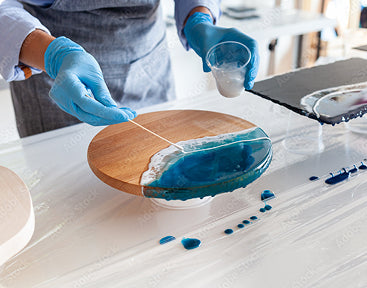
We guarantee top-quality epoxy resin products that are made to achieve the highest safety standards with our food-safe resin coating, ensuring your peace of mind.
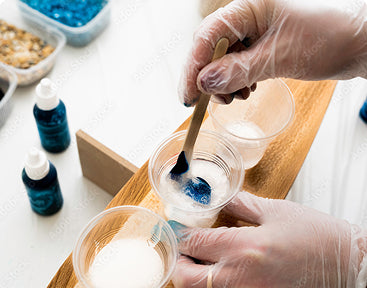
With years of experience in the industry, we have the knowledge and expertise to provide you with the best solutions for your food-safe projects.
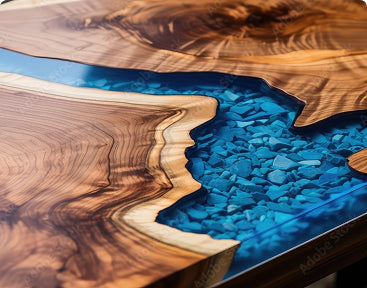
Our extensive range of epoxy resin products offers options for every need and budget, ensuring that you find the perfect fit for your project.
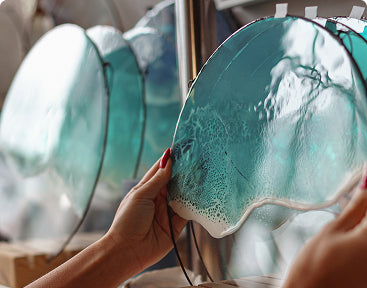
At Epoxy King, customer satisfaction is our priority. We strive to exceed your expectations with our products and service, earning your trust and loyalty.
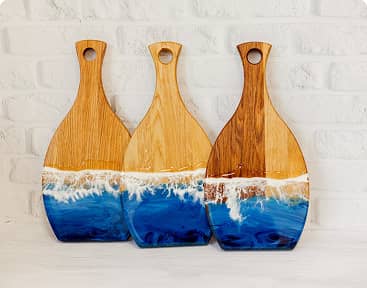
When you choose Epoxy King, you can count on reliable products and dependable service every time. Trust us for all your food-safe epoxy needs and experience the difference.
Here’s a comprehensive FAQ that covers various aspects
Initial cure allowing light foot traffic typically occurs within 24-48 hours. Full chemical cure requiring heavy traffic or chemical exposure takes 7 days. Temperature affects cure times significantly - cold conditions extend all timeframes.
Generally not recommended. Paint creates a weak layer that prevents proper adhesion to concrete. Paint removal through grinding or chemical stripping provides better long-term results.
Moisture infiltration can cause bubbling, delamination, or adhesion loss. Prevention involves proper moisture testing and barrier primers. Repair typically requires removal of affected areas and reapplication.
Standard smooth epoxy can be slippery when wet. Anti-slip additives, textured surfaces, or specialized formulations provide traction without compromising other properties.
Small areas of damage can often be repaired by grinding out the damaged section and applying new material. Large areas or widespread problems usually require complete removal and replacement.
Epoxy provides superior adhesion and chemical resistance, while polyurethane offers better UV resistance and flexibility. Epoxy is generally preferred for interior applications, while polyurethane works better outdoors.
